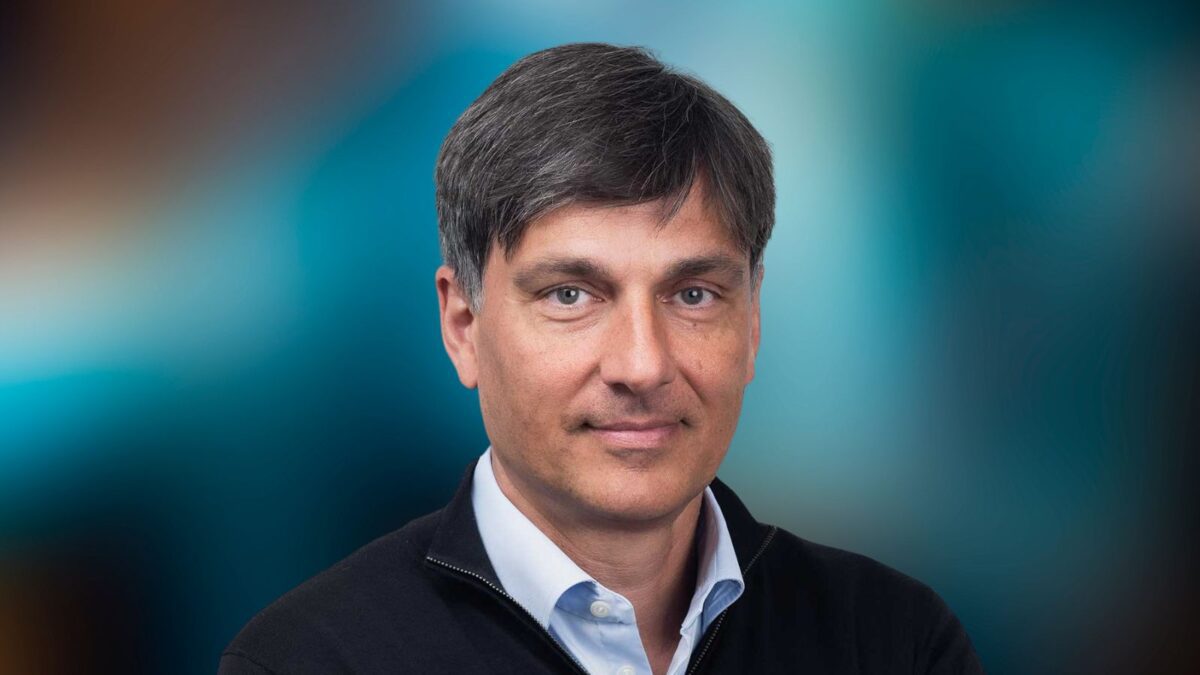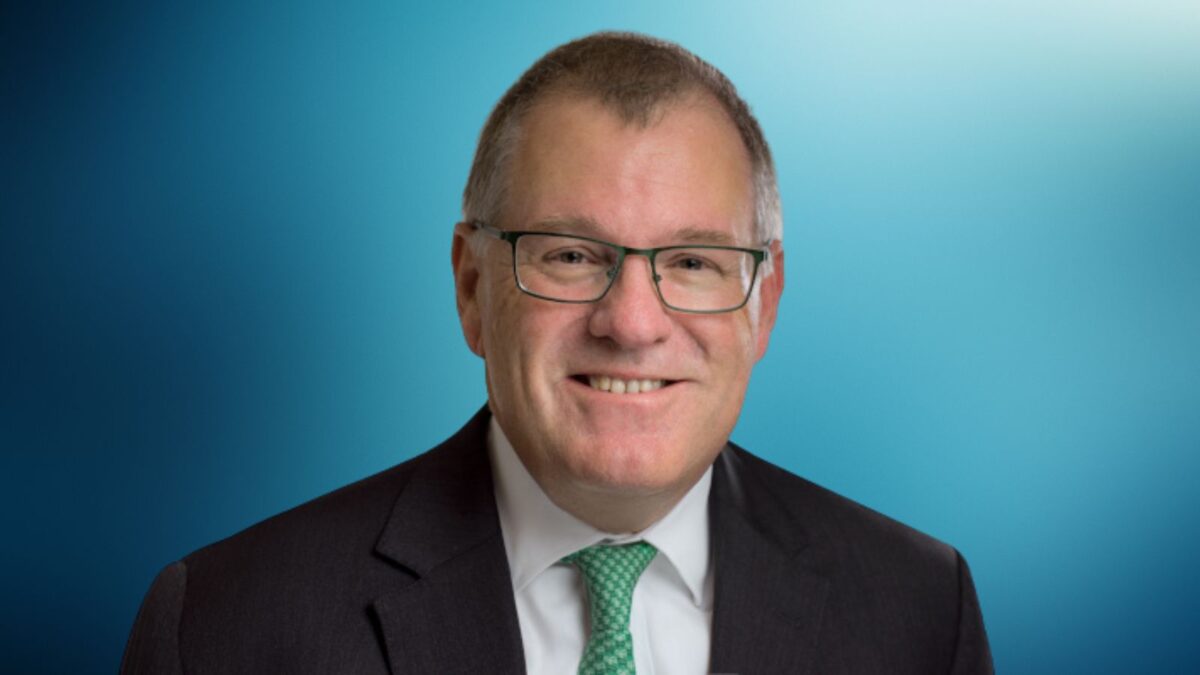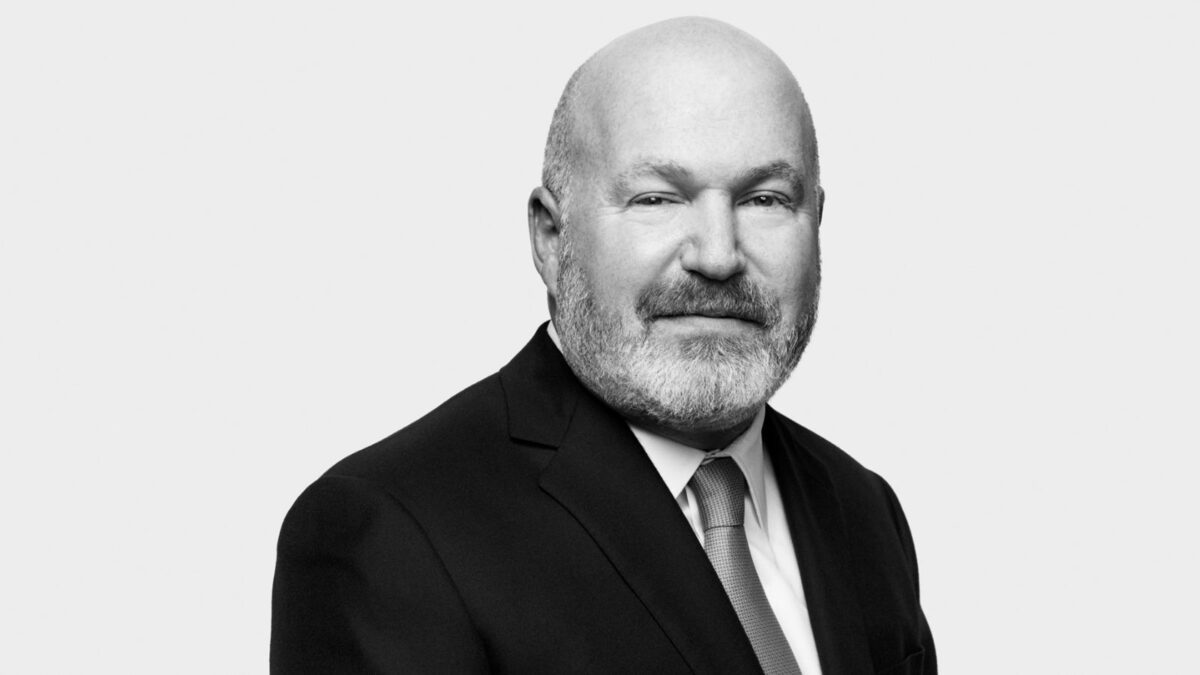Russell Mason reflects on 42 years in super
When Russell Mason found himself working in superannuation fresh out of university, it was not exactly fertile ground for a young lawyer to plant himself.
It was 1981 and Malcolm Fraser had just been returned as Prime Minister; John Howard as Treasurer. The first Wages Accord was still being worked on by Bob Hawke and Bill Kelty, both at the ACTU, with Paul Keating in a Labor Opposition led by the late Bill Hayden.
The Hawke-Keating Government was still two years away and the first three per cent of Award Super under the Accord to be taken to the 1983 election was still subject to political and industrial debate.
Russell’s first job in the super industry wasn’t very exciting either. A country boy, he was happy to take the job though, working in Sydney’s CBD at the old English actuarial, insurance and pensions firm of Willis Faber. He worked on the trust deeds of mainly small corporate defined benefit super funds.
There were more than 3,000 super funds in Australia in 1981, mainly small corporate funds that were primarily designed for executive management retention. Total assets in superannuation and insurance (then inexorably linked) were $29.9 billion, according to a research discussion paper by the RBA’s ‘Economic Group’ published 10 years later.
When he formally retires on December 31, after 42 years of trust deeds and time sheets, the world Russell Mason has worked in – and on – as a trusted adviser and governance expert, will have only about 70 funds left. They are mostly big industry and public sector defined contribution funds, and they dominate a sector with total assets of $3.6 trillion.
For some time he had been telling clients and friends – often one and the same for Russell – that he would be retiring soon, but the formal announcement came only this week. Russell says that some of his colleagues at Deloitte possibly attended one or two of his discreet farewells just to make sure the news was true.
He had been there for 12 years, including as partner and superannuation lead, and had previously spent 24 years at Mercer, as principle and then global partner, in his career-defining role.
Mason championed the cause for DC, mainly industry, funds at Mercer, which like its big competitors of the day, Towers Perrin and Watson Wyatt, had a vested interest in DB. It was the work of the actuaries on DB funds which provided most of those firms’ revenues until Award Super came along, followed by the Superannuation Guarantee in 1992.
Friction between those who wanted to provide services to the new DC funds, such as asset consulting, and the actuaries who were typically more senior at those firms, was commonplace throughout the 1980s.
In his early days at Mercer, Mason wrote a regular column called ‘Reflections’ for the then-monthly magazine Australian Super Review for a time. One column in particular got up the nose of Mercer’s Australian chairman and founder Bruce Cook, who was still at that stage at-best sceptical of the worth of DC funds. The column’s headline was ‘The future is DC’, after which it was suggested to Russell that he might be best served to give up the writing and stick to his day job.
Two of the biggest influencers on his career, he says, are Les Fallick and Martin Stevenson. Both are now actively retired. Les convinced Russell that industry super was going to be big and Martin, Russell’s boss at Mercer, taught him the ropes as a fund consultant.
“Martin was the best consultant I ever worked with,” Russell says. “He was also very smart and humble with it.”
Fallick was an industrial officer with the ACOA, which became the Commonwealth Public Sector Union, when Russell met him in 1984. He was also a trustee director of the union’s own super fund. Russell had recently joined Prudential, having learned more than anyone should have to know about trust deeds at Willis Faber. He was recruited to head up client service for the ‘direct’ corporate super business (not supplied by Prudential life agents).
“Les convinced me that the future in super was with the industry funds and that things would change,” Russell says. “Les and I presented to the management committee [at Prudential] but they didn’t think it was true. They thought corporate super would go on as it had.”
Russell looked for the right opportunity and joined Mercer in 1987 as a consultant. One of his first jobs was to help with the staff fund for the officers of the Independent Teachers Association, which became the Independent Education Union. That fund became Non-Government Schools super fund (now NGS Super), in July 1988, with Bob Menzies from the union as its first fund secretary.
Russell was also given the already established NESS electrical industry fund, and AMIST, one of two main meat industry funds, to look after. All three funds continue as standalone schemes today. Interestingly, Paul Cahill, who is the current CEO of the $1 billion NESS, which he runs with a handful of staff, was also an early CEO of the Sydney-based employer-associated meat fund AMIST, which competed vigorously with the union-associated Melbourne-based meat fund MIESF.
Mason says today that he is hopeful that when the dust settles on all the fund mergers of the past few years, that there will remain a range of large, small and medium-sized fund for members to choose.
“I’ve never been a fan of the notion at big is always better,” he says. “As long as the fund complies with the legislation and manages the money diligently, why not let the consumer decide which fund suits them best? Different people have different objectives and funds should be allowed to offer services that suit.”
He says: “We don’t tell people where to bank or what health fund to choose but we’re starting to get very prescriptive with super. I think the regulator should step back and still make sure that a fund is run responsibly but also allow it to cater for consumer-driven decisions. Some mergers have been obvious, but others not so.”
One of the many things Russell thanks Martin Stevenson for at Mercer was help in getting involved with ASFA, for which Russell was awarded life membership while at Deloitte in 2017. Mason says that being active in ASFA enhanced the collegiate nature of the super industry, especially in the early years. “Competitors were always friendly, always got along. Also, people from opposite sides of the political fence were united in the best interests of members. I don’t know whether there are too many industries like that. I have met so many good people it’s been a pleasure to deal with them,” he says.
Russell is not leaving the industry entirely, though. He intends to remain on the board of State Super of NSW (SAS Trustee Corporation) and continue as an adviser to the board of NGS.
Russell’s wife Ros (Lyon), a fellow solicitor (and country girl) he had met at university, is also retiring from her 40-odd-year career in financial services this month. She specialised in professional indemnity insurance and is remembered by the launch staff at Australian Super Review, too, for writing the magazine’s first defamation insurance contract in 1986, which happily proved to be unnecessary.










